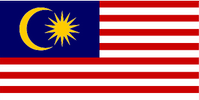09/10/2024 Traders Mindset

Cognitive Biases: The Mind’s Traps
The Illusion of Control
Have you ever felt like you could control the outcome of a coin toss, or that your lucky socks would help you win a game? We all have, and it’s because of a cognitive bias called the illusion of control. This bias makes us believe we have more influence over events than we do.
For example, a gambler might think they can control the outcome of a roulette wheel by betting on a specific number. However, the wheel is completely random, and no amount of skill or luck can change the outcome.
Confirmation Bias
Confirmation bias is the tendency to seek information confirming our existing beliefs while ignoring or dismissing information that contradicts them. This bias can lead to poor decisions and missed opportunities.
For instance, a person who believes climate change is a hoax might only read articles and watch news programs that support their view, while ignoring scientific evidence to the contrary.
Anchoring Bias
Anchoring bias occurs when we rely too heavily on the first piece of information we encounter when making a decision. This can lead us to make irrational judgments and miss out on better options.
For example, a car salesperson might start by offering a high price for a car, knowing that the buyer will eventually negotiate down. The initial high price acts as an anchor, influencing the buyer’s perception of the car’s value.
Hindsight Bias
Hindsight bias is the tendency to believe we could have predicted an event after it has already happened. This bias can make it difficult to learn from our mistakes and improve our decision-making.
For instance, after a surprising election result, people might say they “knew it would happen all along.” However, before the election, they may have had no clear prediction.
Overconfidence Bias
Overconfidence bias is the tendency to overestimate our abilities and knowledge. This bias can lead us to make risky decisions and underestimate the potential for failure.
For example, a student who is confident they will ace a test might not study as hard as they should, leading to a lower grade than expected.
Recognizing and Overcoming Biases
While cognitive biases are a natural part of human thinking, we can learn to recognize and overcome them. Here are some strategies:
- Be aware of common biases: The more you know about cognitive biases, the more likely you are to identify them in your thinking.
- Seek out diverse perspectives: Exposure to different viewpoints can help you challenge your assumptions and biases.
- Consider the evidence: Before making a decision, carefully evaluate the evidence and avoid relying solely on intuition or gut feelings.
- Practice mindfulness: Mindfulness can help you become more aware of your thoughts and emotions, making it easier to identify and challenge biases.
By understanding and addressing cognitive biases, we can improve our decision-making and avoid making costly mistakes.
© 2025 SKONE Enterprise (003319453-V). All rights reserved.
The content on this site is for informational purposes only and does not constitute financial advice.


